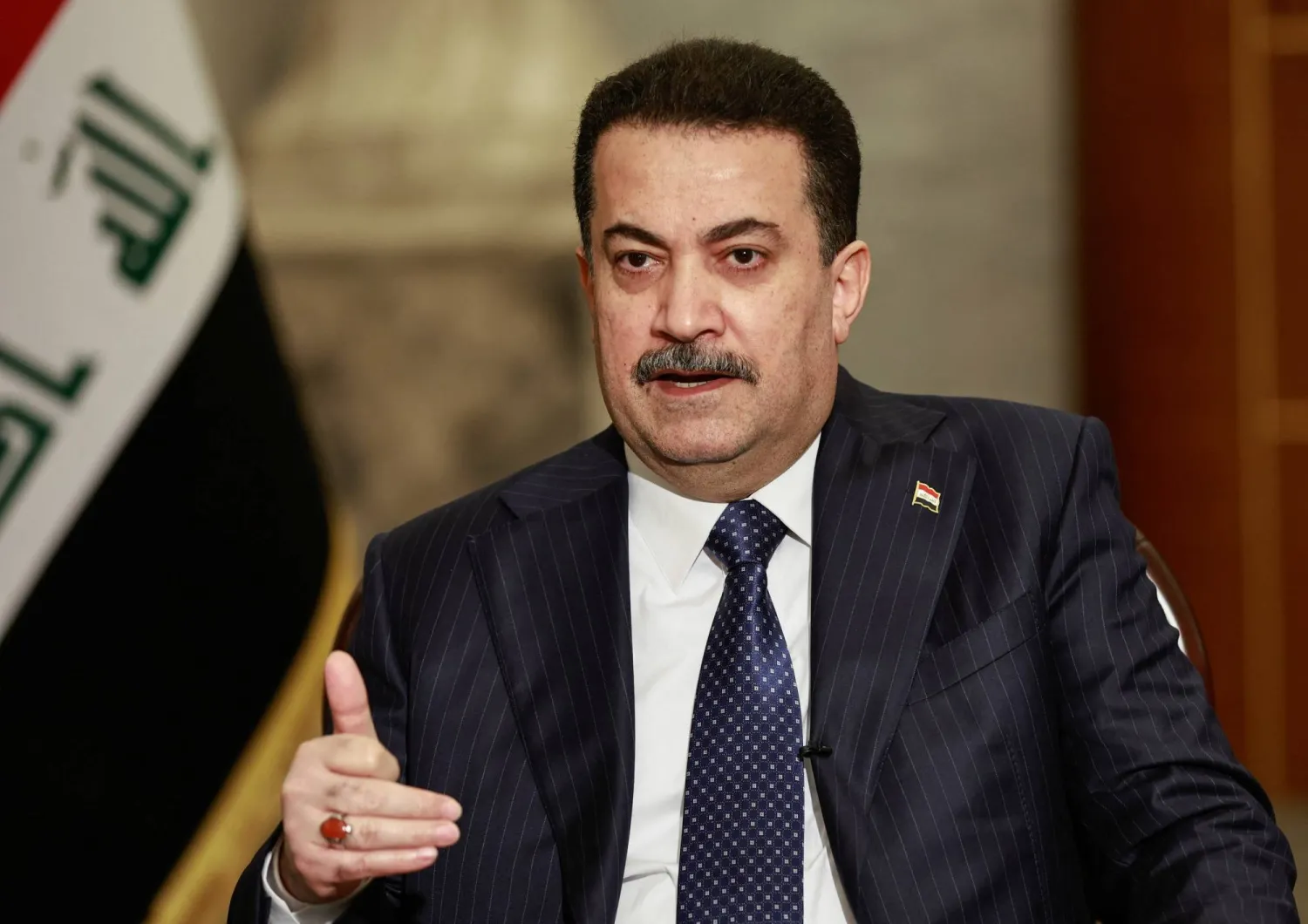A sharp dispute has erupted between Erbil and Baghdad following Iraqi Finance Minister Taif Sami’s decision to halt salary payments to public employees in the Kurdistan Region, citing violations of the federal budget law.
The move has prompted intense backlash from Kurdish officials and increased contacts between US officials and Kurdish leaders, with Washington stepping up pressure on the federal government.
On Wednesday, Sami sent an official letter to the Kurdistan Regional Government (KRG), stating that the Finance Ministry could no longer continue disbursing funds to the region, stating that it exceeded the allocated 12.67% share of the national budget.
She noted that Kurdistan had surpassed its entitlement by 13.5 trillion Iraqi dinars, which made continued payments legally untenable.
According to the ministry, from 2023 through April 2025, Kurdistan generated 19.9 trillion dinars in oil and non-oil revenues but delivered only 598.5 billion dinars to the federal government.
The decision to halt funding comes at a particularly sensitive time, with Eid al-Adha approaching, further fueling outrage among Kurdish leaders.
KRG spokesperson Peshawa Hawramani issued a strong response, saying that the “problems with Baghdad will be resolved, and the truth will prevail.”
He accused successive governments of pursuing policies of “starvation and genocide” against the Kurdish people and warned that “those who abandon the defense of their people’s rights will be condemned by history.”
Kurdish lawmakers are expected to meet soon with Prime Minister Mohammed Shia al-Sudani to address the implications of the finance minister’s decision.
Meanwhile, Vian Sabri, head of the Kurdistan Democratic Party bloc in the Iraqi parliament, announced that Kurdish factions would submit a formal protest to the prime minister. She stressed that salary payments should be separated from political disputes, referencing an agreement between Baghdad and Erbil to that effect.
Amid the internal tensions, the United States has increased its diplomatic engagement. According to a statement from Kurdistan Region President Nechirvan Barzani’s office, he received a phone call from US Secretary of State Marco Rubio, in which both sides discussed the importance of maintaining coordination to promote stability in Iraq and the wider region.
The call came shortly after KRG Prime Minister Masrour Barzani visited the US, where contracts were signed with American oil companies to operate in Kurdistan, an act that angered Baghdad, which insists that oil agreements must comply with constitutional provisions governing federal-regional relations.
Public policy professor Ihsan al-Shammari at the University of Baghdad said Washington is now applying “maximum pressure” on the Iraqi government.
He noted that US demands have taken multiple forms, including calls to dismantle militias and curb Iranian influence in Iraq.









